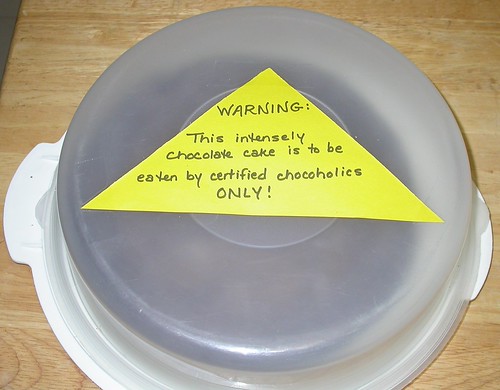A few weeks ago a seventy year-old friend of ours, Don Morris, passed away. Don had just been out for a walk. He came home and he and his wife sat down to watch TV. His wife said he made a kind of gurgling sound and then he was gone. Just like that.
Yesterday one of our TFC coworkers, Volunteer Chaplain Bob Chidester, died in a truck accident. According to the news reports he was trapped in the cab of his burning truck and despite frantic attempts his rescuers were unable to remove him before he died in the flames. Bob was conscious when the would-be rescuers rushed to his aid. One of the rescuers is now hospitalized with severe burns.
Don and Bob were both strong men of God who unashamedly lived their faith throughout their day-to-day lives - genuine, authentic faith that spontaneously resulted in good works (James 2:14-17).
I don't dwell on when my own death might occur. I know beyond doubt that whenever my Lord calls me home I will experience what Paul described:
"We are confident, yes, well pleased rather to be absent from the body and to be present with the Lord" (2 Corinthians 5:8 NKJV).
However the passing of these two friends causes me to pause and ponder on the eventual manner of my death - not that I will have anymore say in the manner than I will in the timing. Do you, like myself, harbor preconceived notions of how you would or would not prefer to die? For me, being conscious and trapped in a fire would be high on my list of how I do not want to experience death. I would much prefer something comparable to what our friend Don experienced - quietly, peacefully, painlessly, and quickly.
God's plan for each of us gives us a choice about where we will go after our earthly body expires (Romans 6:23), but not when or how that transition will occur. At times like this I'm very uncomfortable with my lack of influence over these future events. God, I don't like this arrangement! Why did Bob suffer so and Don did not? God, sometimes you are not fair!
Do you sometimes struggle with questions and/or thoughts like these? I have been walking with the Lord for twenty-nine years and in ministry for fourteen years but once in a while I am faced with situations that bring these thoughts to the forefront of my consciousness.
Such thoughts always take me back to a pair of incidents related in the book of the Acts of the Apostles:
Now about that time Herod the king stretched out his hand to harass some from the church. Then he killed James the brother of John with the sword. And because he saw that it pleased the Jews, he proceeded further to seize Peter also. Now it was during the Days of Unleavened Bread. So when he had arrested him, he put him in prison, and delivered him to four squads of soldiers to keep him, intending to bring him before the people after Passover. Peter was therefore kept in prison, but constant prayer was offered to God for him by the church. And when Herod was about to bring him out, that night Peter was sleeping, bound with two chains between two soldiers; and the guards before the door were keeping the prison. Now behold, an angel of the Lord stood by him, and a light shone in the prison; and he struck Peter on the side and raised him up, saying, “Arise quickly!” And his chains fell off his hands. Then the angel said to him, “Gird yourself and tie on your sandals”; and so he did. And he said to him, “Put on your garment and follow me.” So he went out and followed him, and did not know that what was done by the angel was real, but thought he was seeing a vision. When they were past the first and the second guard posts, they came to the iron gate that leads to the city, which opened to them of its own accord; and they went out and went down one street, and immediately the angel departed from him. (Acts 12:1-10 NKJV)
God permitted James to be executed but miraculously saved Peter. Why?
If you know your Bible well the first Scripture to come to mind might be:
“For My thoughts are not your thoughts, nor are your ways My ways,” says the Lord. “For as the heavens are higher than the earth, so are My ways higher than your ways, and My thoughts than your thoughts. (Isaiah 55:8-9 NKJV)
The last five chapters of the book of Job (38-42) are where God responds to Job's similar quandary. He reminded Job that He was in charge. Paul, under the inspiration of the Holy Spirit, also addressed this issue:
What shall we say then? Is there unrighteousness with God? Certainly not! For He says to Moses, “I will have mercy on whomever I will have mercy, and I will have compassion on whomever I will have compassion.” (Romans 9:14-15 NKJV)
The bottom line? God always has the absolute best plan, better than we could develop, (Proverbs 3:5-6), and His plan is always for good, (Jeremiah 29:11).
I don't know why these things happened the way they did. But I have learned through experience that I can trust God - when I am willing to do so.
In His name,
Chaplain Sam Houchins


